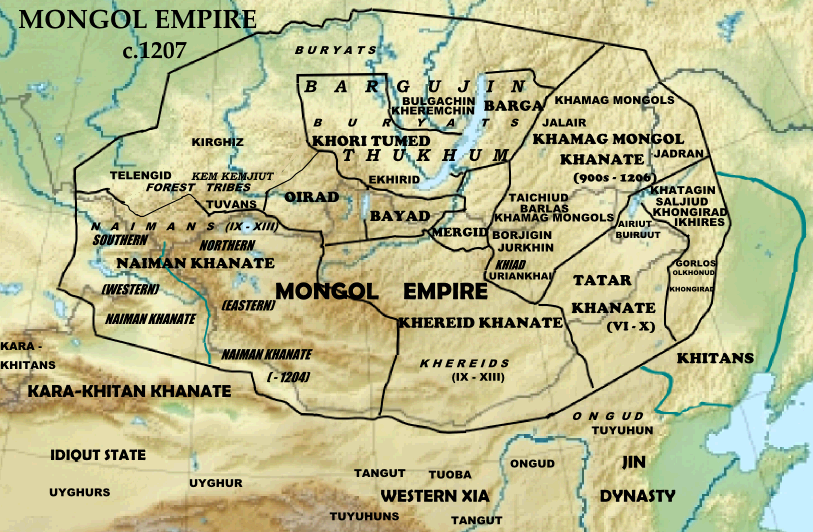I am trying to do some background research for my world. I have found a ton of data explaining the hierarchy between septs, clans, and tribes, but above a tribe is where I start falling short on material.
Ideally what I am looking for to create is a group of clans that make up a tribe, that a group of tribes make up a... nation or some regional level entity... which then I hope form a Horde as the overall head of the hierarchy.
This comes to mind when thinking about the game World of Warcraft (WoW) where Horde isn't used to denote a large angry/violent mob destroying all in the way (a horde of zombies, a horde of barbarians, a horde of protesters, etc), but rather a territorial, sociopolitical entity under a war-chieftain. From there, the various fictional orc groups are broken down into tribes and clans.
Would the Horde structure system in WoW be acceptable where it goes from tribes to the main Horde group or do I need regional entities to bridge the gap between a Horde and a Tribe?
To give some background information, I am looking to have the beginnings of each tribe grouping to be regional in parts of the world/map. Then, One group of tribes/region fight to unite all regional tribe groups into one Horde group. Think of it like the early days of the Greek Empire where a regional group aka Spartans rose up to unite the other regional Greek states into the Greek Empire.
EDIT: @Raditz_35 provided a link about a Khanate which brought me to a map:
The term or a term like Khanate would very much be what I am looking to use in a tribal theme.
EDIT 2: It seems that a Horde would be on par with a regional grouping according to this wiki about Ordas. This also goes in line with @AlexP's suggestion to make Horde sub of Khanate. However, it was also claimed that the Golden Horde eventually broke up into smaller Khanates and contradicts the notion that a Horde is smaller than a Khanate.

